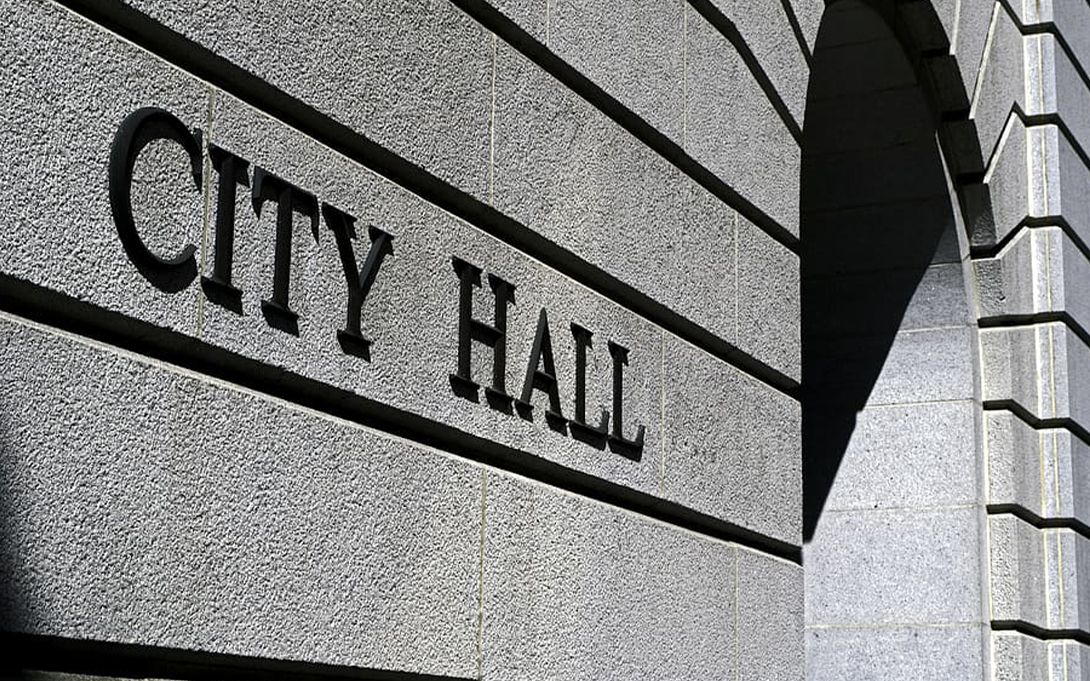
The political adage is that “All politics are local.” The same could be said of how local leaders feel about the health of democratic governance.
That is according to a report on Michigan’s local leaders released today by the Center for Local, State, and Urban Policy (CLOSUP) at the University of Michigan’s Gerald R. Ford School of Public Policy. Survey findings show that they are significantly more positive about the functioning of democracy in their jurisdictions than they are about democracy at the state or federal levels.
The spring 2020 Michigan Public Policy Survey (MPPS) received responses from 1,342 Michigan jurisdictions (counties, cities, townships, and villages) regarding the current functioning of democracy and local leaders’ trust in government.
The results show that, on a ten-point scale—where 1 means a total breakdown of democracy and 10 means a perfectly functioning democracy—84% of local leaders rate democracy in their jurisdiction at 7 or higher, compared to just 41% for democracy in Michigan overall, and just 21% for democracy across the U.S.
Those numbers reflect an earlier survey release which showed that 98% of Michigan local officials are confident of accurate 2020 voting administration at the local level.
Debra Horner, the MPPS project manager at CLOSUP, says, “We often take a look at differences in opinions among local leaders in Michigan's urban, suburban, and rural communities, and when it comes to views on the health of local democracy, there are high ratings across this spectrum. But there are differences at the state level, with urban leaders rating Michigan’s democracy higher, and at the federal level, where leaders from ‘mostly urban’ places are most likely to rate it poorly."
The survey finds that, when it comes to trust in government, there is a similar pattern in attitudes among local leaders, with high levels of trust in other local governments (72%), followed by much lower trust in the state government (25%), and finally least trust in the federal government (12%). These levels of trust have all increased from earlier MPPS surveys, with the greatest increase being for trust in other local governments.
To round out assessments of trust, the MPPS also asked local leaders how much they trust their citizens to be responsible participants in local governance. Here, levels of trust have risen slightly overtime as well, with 63% of local leaders saying they trust their residents nearly always or most of the time, up from 53% in both 2012 and 2016.
“Numerous studies have found democracy in decline, in the U.S. and around the world,” said Tom Ivacko, executive director of CLOSUP. “But Michigan’s local government leaders tell us that democracy is functioning quite well, in their communities at least, and that their trust in government is actually growing.”
The spring 2020 MPPS had a 72% response rate. The margin of error is plus or minus 1.41%.
CLOSUP conducted the Spring 2020 wave of the MPPS between March 30 and June 1, 2020. Launched in the wake of the Great Recession in 2009 by CLOSUP, the MPPS program is conducted in partnership with the Michigan Association of Counties, Michigan Municipal League, and Michigan Townships Association.
The entire report can be viewed here.
